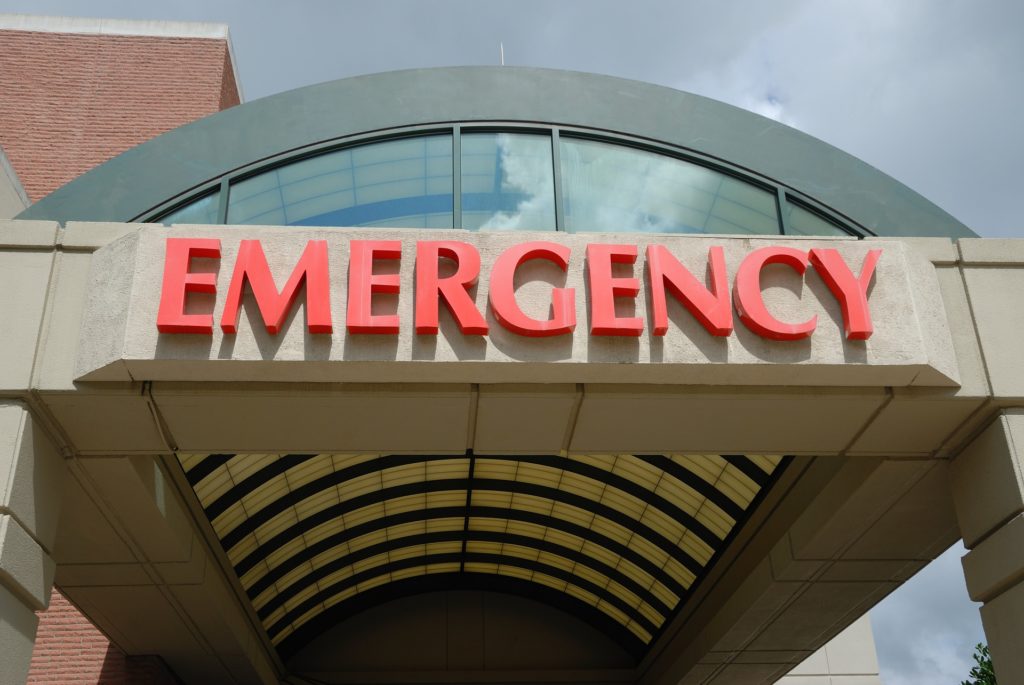 If you were ever seriously injured to the point that your life was on the line, you would want to take it for granted that all the medical help you needed would be top-notch and easily accessible. You might expect that an ambulance would arrive quickly and take you to the best facility with skilled doctors and staff who have the expertise and resources to first treat your injuries and then make a longer term plan for your recovery.
If you were ever seriously injured to the point that your life was on the line, you would want to take it for granted that all the medical help you needed would be top-notch and easily accessible. You might expect that an ambulance would arrive quickly and take you to the best facility with skilled doctors and staff who have the expertise and resources to first treat your injuries and then make a longer term plan for your recovery.
These are reasonable expectations. However, since trauma care requires specialized medical training, facilities, and equipment, only a limited number of hospitals are prepared to deliver life-saving care on a 24-hour basis.
Fortunately, two hospitals in our Tri-State region—Deaconess Midtown and St. Vincent-Evansville—are verified as Level II Trauma Centers. In order to maintain the Trauma Center designation, Deaconess Midtown and St. Vincent-Evansville must meet a strict set of guidelines to continue to receive verification every three years. As part of the requirements, physicians at the Trauma Center also must be certified for Advanced Trauma Life Support by the American College of Surgeons.
Why Trauma Center Status Matters
So, why is it important to maintain a Trauma Center verification, and how is a Trauma Center different than your local community hospital or emergency room? These are good questions to ask, and you may find it reassuring to know the difference should you or a loved one endure a traumatic injury.
As we discussed in a previous article, trauma is the leading cause of death for Hoosiers under the age of 45. According to the Indiana Hospital Association, more than 5,000 Hoosiers die from trauma injuries each year, while more than 95,000 patients are hospitalized for trauma injuries each year.
When most people think about getting help for a traumatic injury, they immediately think of the emergency room at the nearest hospital. However, comprehensive care for a trauma patient extends well beyond the emergency room.
For example, a trauma patient who is seriously injured in a car accident would require coordination of several specialties, including the EMS providers who are the first point of trauma care at the scene of the accident, to emergency room staff, inpatient hospital care, and then post-discharge outpatient care which may include rehabilitation or physical therapy and long-term care.
Successful trauma care involves managing each of these phases of care, from pre-hospital triage through acute care and rehabilitation. All caregivers—EMS and hospital providers, surgeons, and rehabilitation specialists—work as a team to save lives and reduce the impact of trauma.
According to a report by the Indiana State Department of Health, when designated trauma systems like Trauma Centers are in place, lives are saved in a number of ways. They correctly identify patients who need trauma care, anticipate the resources needed to treat these patients, locate critical resources, route patients to the correct facility the first time or arrange transfers to another facility if necessary, and both identify and arrange for any rehabilitation therapies that may be needed.
With the Deaconess Midtown and St. Vincent-Evansville Trauma Centers, each team that cares for a patient is led by a surgeon who is certified for Advanced Trauma Life Support and is specially trained to evaluate and coordinate the key components of trauma care.
At Deaconess Midtown, Dr. W. Matthew Vassy is Director of Adult Trauma, and at St. Vincent-Evansville, Dr. Kevin McConnell is Director of Adult Trauma and Dr. Angela Martin is Director of Pediatric Trauma.
The trauma surgeons at Evansville Surgical Associates are certified by the American College of Surgeons for Advanced Trauma Life Support, and both Deaconess Midtown and St. Vincent-Evansville are designated as Level II Trauma Centers by the American College of Surgery.
Over 3000 trauma patients are admitted and cared for at these two facilities each year. By having an established and verified Trauma Center and Advanced Trauma Life Support certified surgeons at Deaconess Midtown and St. Vincent-Evansville, we not only lower the death rate from injury, but also reduce the complications associated with severe injuries, such as loss of productivity and loss of lifestyle.
Deaconess Midtown and St. Vincent-Evansville hospitals trust Evansville Surgical Associates to provide life-saving surgical support in their trauma and emergency departments 24-hours a day, 7 days a week. Our Advanced Trauma Life Support certified surgeons are specially trained to handle life-threatening injuries and illnesses, wherever and whenever they happen.
Established in 1969, Evansville Surgical Associates celebrates 50 years of providing leading-edge comprehensive and compassionate surgical care. Learn more about our physicians and our practices by visiting our website, or by calling us at 812.424.8231 or 800.264.8231.



